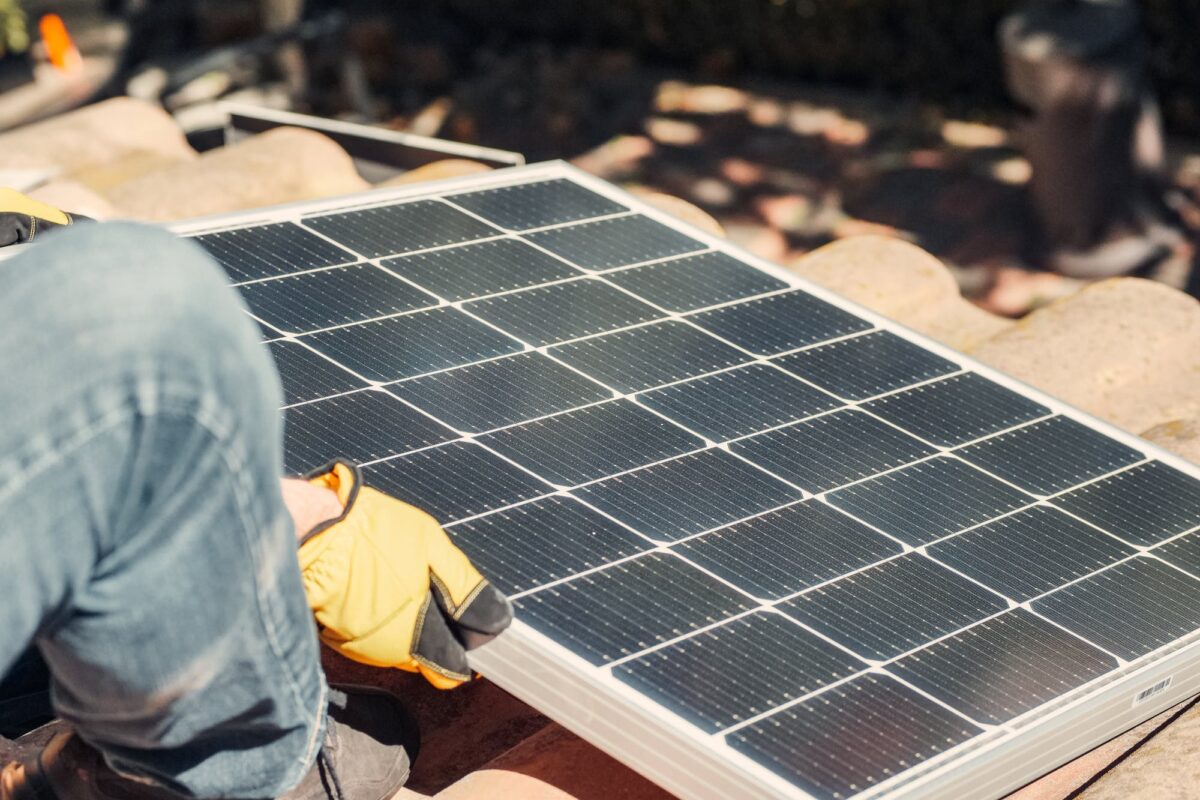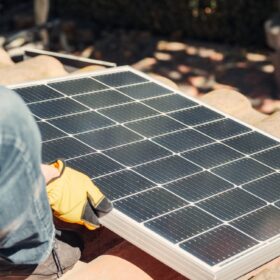Hydrogen infrastructure developer Hy Stor Energy said it will work with Toronto-based Connor, Clark & Lunn Infrastructure to develop the Mississippi Clean Hydrogen Hub.
During its first phase, the Mississippi facility is expected to produce an estimated 110 million kilograms of green hydrogen annually and store more than 70 million kg in underground salt caverns. Pending regulatory approvals and equipment availability, the hub’s first phase could enter commercial service by 2025.
The hydrogen hub will have co-located production, transmission, pipeline, rail, and other infrastructure.
Connor Clark’s investment mandate targets traditional and energy infrastructure assets and companies, including power generation, electricity transmission and distribution, and energy storage, among other projects. The firm is an investor and owner of renewable energy assets and has a current global portfolio of 1.4 GW of generating capacity.
Other projects
The large-scale hydrogen project is the latest in a series of recent announcements.
In mid-October, Air Products said it planned to build a $4.5 billion blue hydrogen at a complex in Louisiana. The company said it would build, own, and operate the project, which is planned to produce over 750 million standard cubic feet per day of blue hydrogen in Ascension Parish, Louisiana, south of Baton Rouge. The project is expected to create 170 permanent jobs and represents Air Products’ largest-ever investment in the U.S. The project is expected to be operational in 2026.
And in April, Koch Engineered Solutions said that two of its business units would partner with Fidelis Infrastructure to develop the Grön Fuels renewable energy complex in Louisiana. The $9.2 billion multi-year program would produce green hydrogen, renewable diesel, sustainable aviation fuels, and bio-plastic feedstocks. The project also includes biogenic carbon capture and sequestration.
A final investment decision on the Koch-backed project is expected in 2021, and will determine the final cost of the project’s first phase.
This content is protected by copyright and may not be reused. If you want to cooperate with us and would like to reuse some of our content, please contact: editors@pv-magazine.com.









By submitting this form you agree to pv magazine using your data for the purposes of publishing your comment.
Your personal data will only be disclosed or otherwise transmitted to third parties for the purposes of spam filtering or if this is necessary for technical maintenance of the website. Any other transfer to third parties will not take place unless this is justified on the basis of applicable data protection regulations or if pv magazine is legally obliged to do so.
You may revoke this consent at any time with effect for the future, in which case your personal data will be deleted immediately. Otherwise, your data will be deleted if pv magazine has processed your request or the purpose of data storage is fulfilled.
Further information on data privacy can be found in our Data Protection Policy.